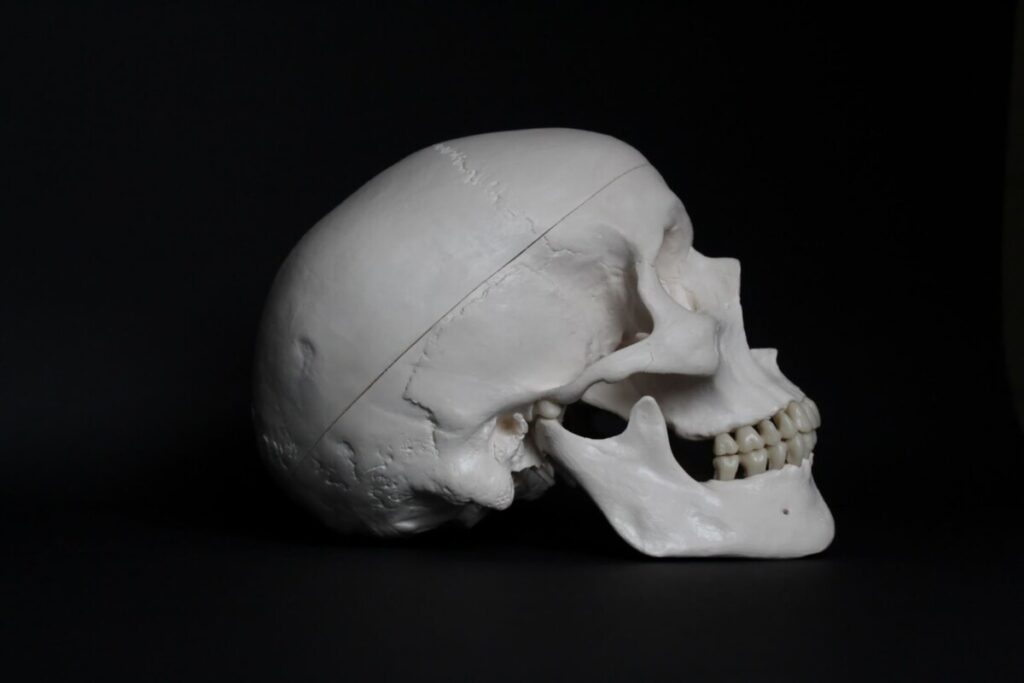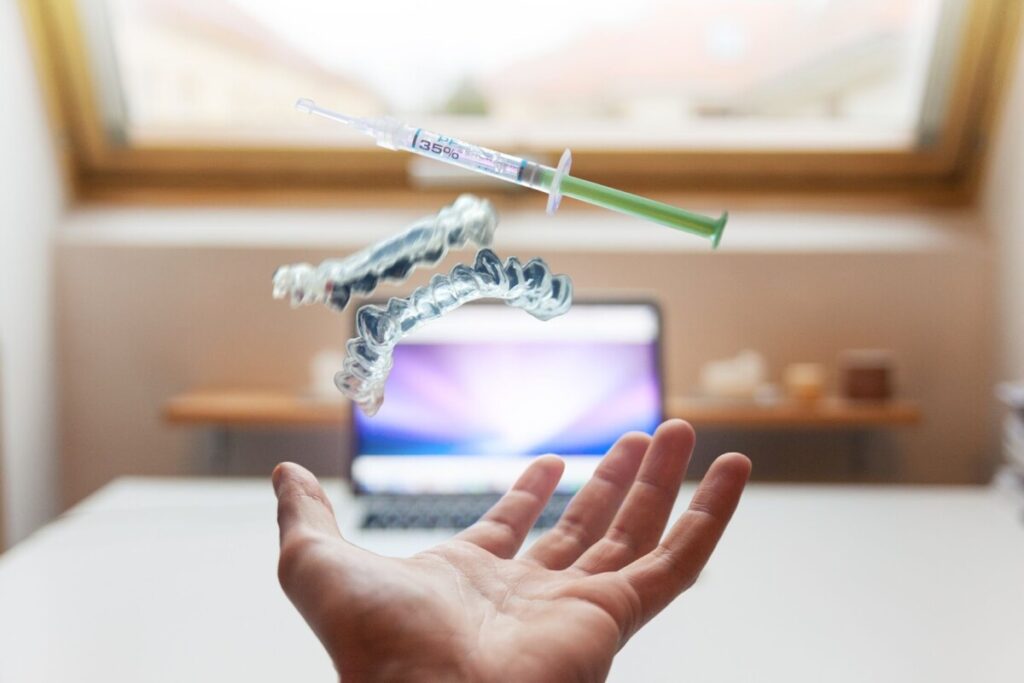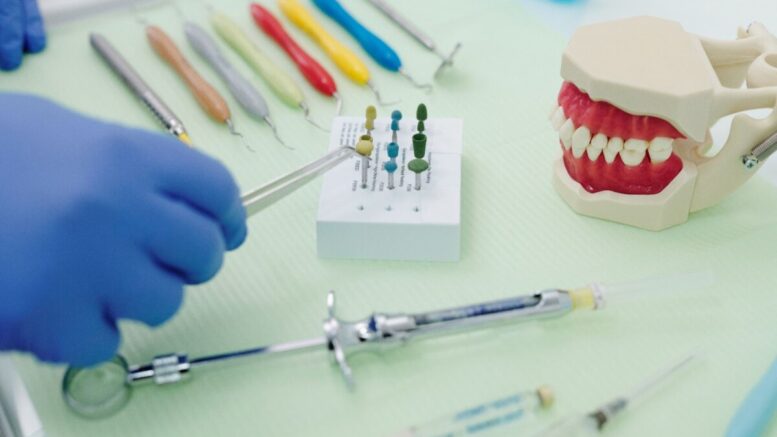TMJ, also known as the temporomandibular joint, acts as a sliding hinge that connects the human jaw to the temporal bones of the skull on each side of the ear. This is a vital joint as it is responsible for allowing you to move your jaw up and down, therefore allowing you to talk, chew, and perform all the important functions related to the jaw.
Sometimes, however, there can be problems with your TMJ, leading to TMJ disorders. This is known as TMD, short for temporomandibular joint disorder. It can result in a lot of pain and discomfort and affect the overall well-being of a person. This can, in turn, impact your everyday routine and quality of life.
So if you feel that you may be suffering from a TMJ disorder, read on to find out what to expect and importantly, what you can do to find relief and comfort.
What Causes TMD?

There has been extensive medical and scientific research to explore the causes of TMJ jaw pain. The current research has been promising and has found that the disorder arises from problems with the muscles around the jaw or with the joint itself.
Generally, the causes have been categorized as hormonal, genetic, and environmental. For instance, women are diagnosed with TMJ jaw pain at a much higher rate than men, which points to hormonal causes, particularly related to estrogen levels in the body. Similarly, there may be structural jaw problems at birth, alluding to genetic causes.
On the other hand, environmental factors come to play due to the nature of an individual’s work or personal circumstances. For example, musicians such as violinists, trumpeters, or violists may be predisposed to developing TMJ disorders due to the posture they have to hold for several hours while practicing or performing.
Some common causes include physical injuries such as whiplash or trauma to the joint during an accident, arthritis, habitual and constant clenching or grinding of the teeth during sleep or stressful periods, autoimmune diseases, dental surgery, or infection.
What Are The Symptoms Of TMD?

It is important that you be mindful of the symptoms of TMJ disorders so that you know when to seek help from a medical professional. This is because more often than not, many people discount or even ignore their symptoms as mere stress till they degrade and fully develop.
Some common ways in which TMJ disorders may be affecting you on a daily basis include the following.
Severe To Moderate Pain
You are likely to feel pain and tenderness in your jaw area, or even in your face, neck shoulders, and around your ears. The intensity and type of pain can vary from person to person. There may or may not be swelling at the site of the TMJ disorder. Sometimes, there may be headaches, migraines, or even backaches.
Problems In Jaw Movement
Since the jaw is responsible for a wide range of movement, TMJ disorders are likely to restrict jaw movements. It is common for those affected to complain about their jaw getting stuck or feeling locked, or in some cases, an inability to fully open the mouth. This is likely to affect your speech and eating patterns due to limited jaw movement.
Sounds From The Jaw
It is very common for people suffering from TMJ disorders to experience a clicking or popping sound from their jaw. This may or may not be painful. Sometimes, there may also be a ringing sound that radiates towards the ear.
Finding Relief And Treatment For TMD

Seeking relief from TMJ disorders may require lifestyle changes in the form of jaw exercises, eating soft foods, avoiding chewing gum, reducing stress triggers, and using ice packs to reduce swelling.
Your doctor may also prescribe pain medications such as ibuprofen, naproxen, and NSAIDs. Other medications to relax muscles include valium or corticosteroid drugs to help reduce swelling. Another great treatment is using Botox to relieve muscle and nerve tension in the TMJ area. Additionally, if you have TMJ disorders due to stress, you may want to try a combination of the above along with cognitive behavioral therapy.
In some cases, your dentist may recommend that you get surgery, such as replacing the joint, arthrocentesis, or corrective dental work.
Parting Thoughts
TMJ disorders can hamper the quality of your life and can be avoided and reduced by following some tips and tricks that involve lifestyle changes. Once you adopt these, you can greatly enhance your overall well-being and ensure that you steer clear of TMJ jaw pain.
